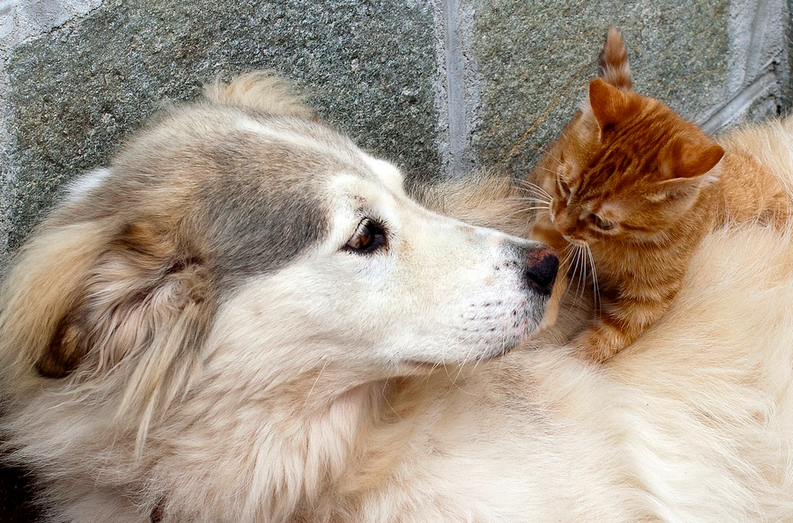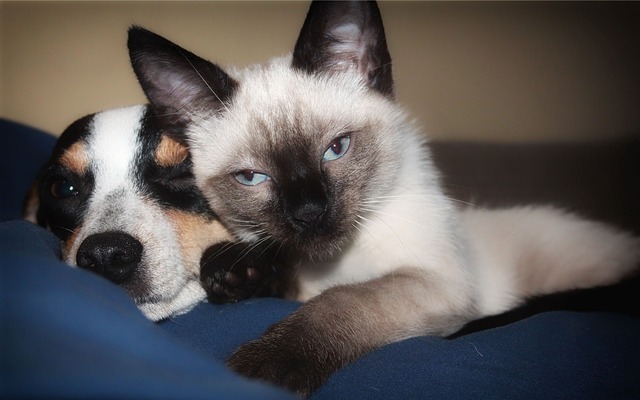

If you have family members or friends who raise pets, you will notice the difference between a cat person and a dog person. Studies have proven that there is a difference between the levels of I.Q. between the 2 pet raisers. A survey was conducted by Psychological Science professor and researcher Denise Guastello, at Carroll University in Wisconsin, U.S.A. She has studied the differences in personality between dog people and cat people.

According to Denise’s research, dog lovers tend to be more extroverted and energetic. They have livelier personalities than cat lovers, and they pay attention to rules and follow them. However, cat lovers are more introverted, more sensitive, and prefer confrontation and following rules.

If a debate among pet lovers takes place, cat lovers tend to win. Denise claims that based on the data alone, cat lovers have higher scores on their mental performance levels than dog lovers. Part of the reason for their difference is adjusting to their pet’s needs and their ability to adapt to their owner’s environment. Denise presented her findings at a Psychological Science annual meeting.

“It makes sense that a dog person is going to be livelier because they’re going to want to be out there, outside, talking to people, bringing their dog,” Denise said in the symposium. “Whereas, if you’re more introverted and sensitive, maybe you’re more at home reading a book, and your cat doesn’t need to go outside for a walk.”

600 college students were surveyed by Denise’s research team. They were asked whether they considered themselves dog or cat lovers and what qualities of their pets they liked the most. The students who participated in the survey answered a questionnaire to assess their personality.
Results showed that there were more dog lovers in the group than cat lovers. Around 60% of the participants were dog lovers, and only 11% identified themselves as cat lovers. The rest of the participants claimed they did not raise pets.

Dog lovers prefer raising dogs due to their perky nature and constant companionship with their masters, while cat lovers like being with feline companions more due to their majestic and (somewhat) demure nature.
“People may choose pets based on their personalities,” Denise said. “Cats, for example, are often seen as independent animals who keep to themselves and keep other people at a distance. If you have such a personality, you will appreciate an animal with such a personality, and it will be more suitable for you.”
Denise said the survey about people’s different interests in pets can also improve a cat or dog’s living environment with their respective owners. A deep understanding between a man and a pet can indeed eliminate problematic owner-pet relationships.

As the survey involved only college students, it is unknown whether the study would result in the same way for other age groups. However, previous research resulted in a similar outcome. A study done in 2010 involving more than 4,500 pet owners showed that dog lovers tend to be more outgoing and rule-abiding. However, cat lovers are more introverted and unwilling to cooperate. They tend to keep to themselves.
Therefore, cats are more suitable for owners with nerdy personalities and who stay indoors. Thus, they get higher test scores. Dog lovers tend to be more outgoing and talkative, and their personalities are similar to characters in romantic movies. Hence, their test scores are relatively average.

These conclusions are only made by one psychologist in the United States and do not include other aspects from around the world. No matter what the results are, the sole purpose of this study is to respond to a common question: “Are a person’s pet preferences related to their own personality?”
However, some people ask: “If I keep a cat and a dog at the same time, what kind of personality would I have? Would it also affect my I.Q. scores?” Do not overthink, friends. It doesn’t matter if you are a dog or cat lover. What’s important is the fur babies are happy with their owners. Additionally, they live in a forever home.
Images credits: © TIME Online and Pixabay






